Search Results for: composition
Chemical Composition of the Body
In order to fully understand the mechanisms of human physiology, it is important to have an understanding of the chemical... Read More
Composition
Composition in chemistry, the kinds and numbers of atoms constituting a molecule. Origin: L. Compono, to... Read More
Homogenous
What is homogenous? What does homogenous mean? The word homogenous has been derived from two Greek words that are... Read More
Bone matrix
Bone Matrix Definition Bone matrix refers to the matrix component of bone tissue. It provides the structural framework and... Read More
Cell membrane
Cell Membrane Definition Just like any non-living body possesses a plastic or paper packaging material that keeps the... Read More
Glycocalyx
What is the Glycocalyx? The glycocalyx is a polysaccharide-based gel-like, highly hydrous cellular thin layer, covering... Read More
Ecosystem diversity
Ecosystem Diversity Definition What is ecosystem diversity? Ecosystem diversity deals with the study of different... Read More
Community (biology)
Community, in biology, refers to the assemblage of interacting organisms (either of the same or different species)... Read More
Cell theory
What Is Cell Theory? Biological cell theory explains the idea of organismal constitution, structure, and function. It... Read More
Body fluid
Body Fluids Definition What is body fluid? Literally, body fluid is the fluid of the body. The adult human body is ~50-60%... Read More
Running Water Freshwater Community Factors
This tutorial continues from the previous one, which introduced lotic (running water) communities. Here, some of the... Read More
Centrosome
Centrosome Definition What is a centrosome? The centrosome is considered to be the main microtubule-organizing... Read More
The Application of Biotechnology to Nutrition: An Overview
Maureen Mackey, PhD, FACNMonsanto Company, St Louis, MissouriAddress reprint requests to: Maureen Mackey, PhD,... Read More
Exudate cell
Definition noun, plural: exudate cells Any of the cells participating in the forming of exudate during inflammation or a... Read More
Assimilation
Assimilation Definition What is assimilation? Assimilation in biology is defined as the process in which living organisms... Read More
Base-pairing rule
Base-pairing Rules Definition The base-pairing rules are rules that apply during the pairing between one purine and one... Read More
Y chromosome
Y chromosome Definition The Y chromosome constitutes one member of the pair of sex chromosomes within an organism, a common... Read More
Genetic diversity
Genetic Diversity Definition Each species is composed of individuals with their own set of genes. A gene is the inheritance... Read More
Dominant species
Dominance is the state of being supreme or dominant. Community dominance refers to the form of dominance where certain... Read More
Cell Structure
The interior of human cells is divided into the nucleus and the cytoplasm. The nucleus is a spherical or oval-shaped... Read More
Secondary succession
We all have come across news where forest lands got destroyed by wildfires. Or sometimes we have read about an entire... Read More







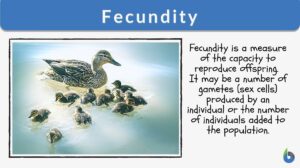





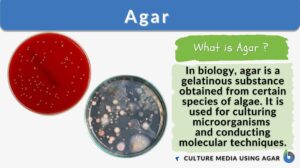

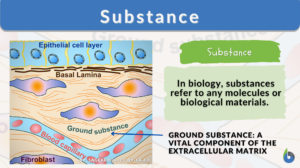

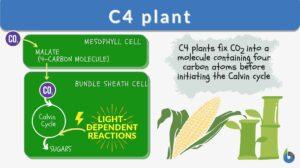





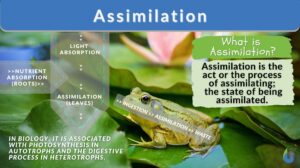
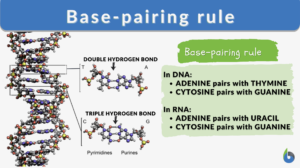





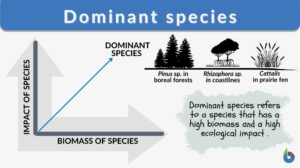

![Biology n., [baɪˈɑlədʒi] Definition: scientific study of life](https://www.biologyonline.com/wp-content/uploads/2021/12/biology-definition-and-branches-of-biology-300x168.jpg)

